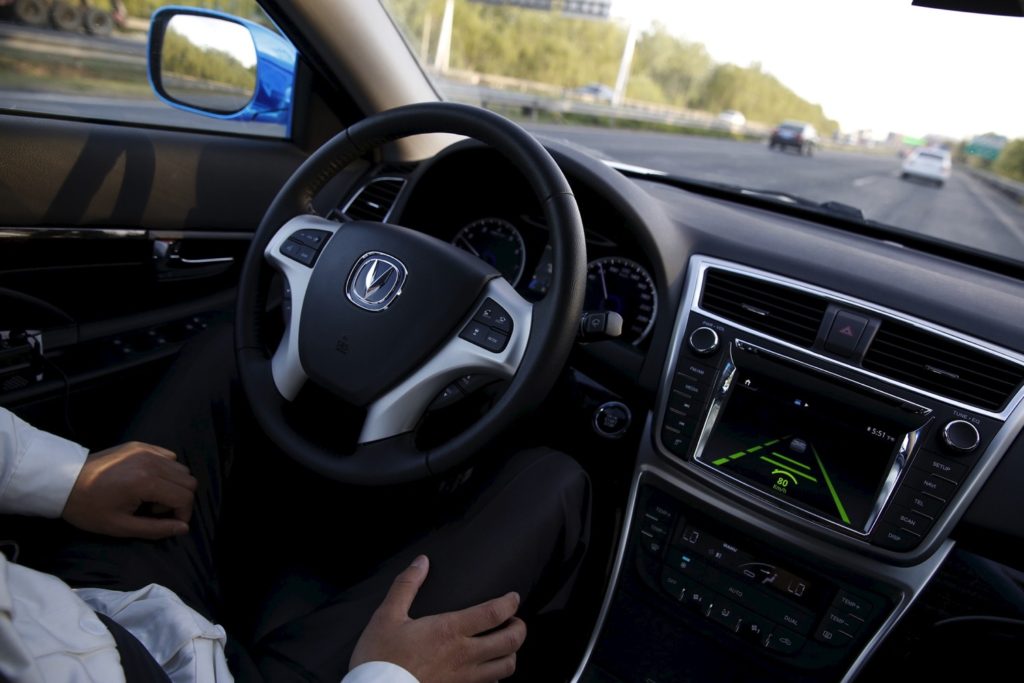Consumers have grown ‘more skeptical’ of self-driving cars over the past year, according to a J.D. Power’s 2017 U.S. Tech Choice study.
The report shows all generation groups, apart from Gen Y (born 1977 – 1994) have less confidence in automated technology for cars. 11 percent more Gen Z (born 1995 – 2004) and nine percent more Baby Boomers (born before 1946) said they “definitely would not” trust automated technology.
See Also: BMW self-drives to Level 5 autonomy by 2021?
Even with the growing hostility to automation, six of the ten features consumers (of all ages) are most interested in have some form of collision detection or automation that improves safety and takes away responsibility from the driver.
These features included emergency braking, lane-change, and parking assistance.
“In most cases, as technology concepts get closer to becoming reality, consumer curiosity and acceptance increase,” said Kristin Kolodge, director of driver interaction at J.D. Power. “With autonomous vehicles, we see a pattern where trust drives interest in the technology and right now, the level of trust is declining.”
Gen Z settling in
Gen Z was far more comfortable with technologies that automate the car experience than others, similar to previous survey results. The gap between Gen Z and Gen Y consumers if far less than the gap between Gen Z and Baby Boomers when it comes to purchasing intent—the amount a person would be willing to spend to have a car feature.
Gen Z consumers were also more favorable of self-driving and ride-sharing services, with 52 percent in favor of the latter.
The inability for consumers to test self-driving vehicles and the lack of public information may be one of the reasons for the dip in trust from consumers. It has been shown in previous surveys that the more a consumer uses or sees automated technology, the more confident they become.


















